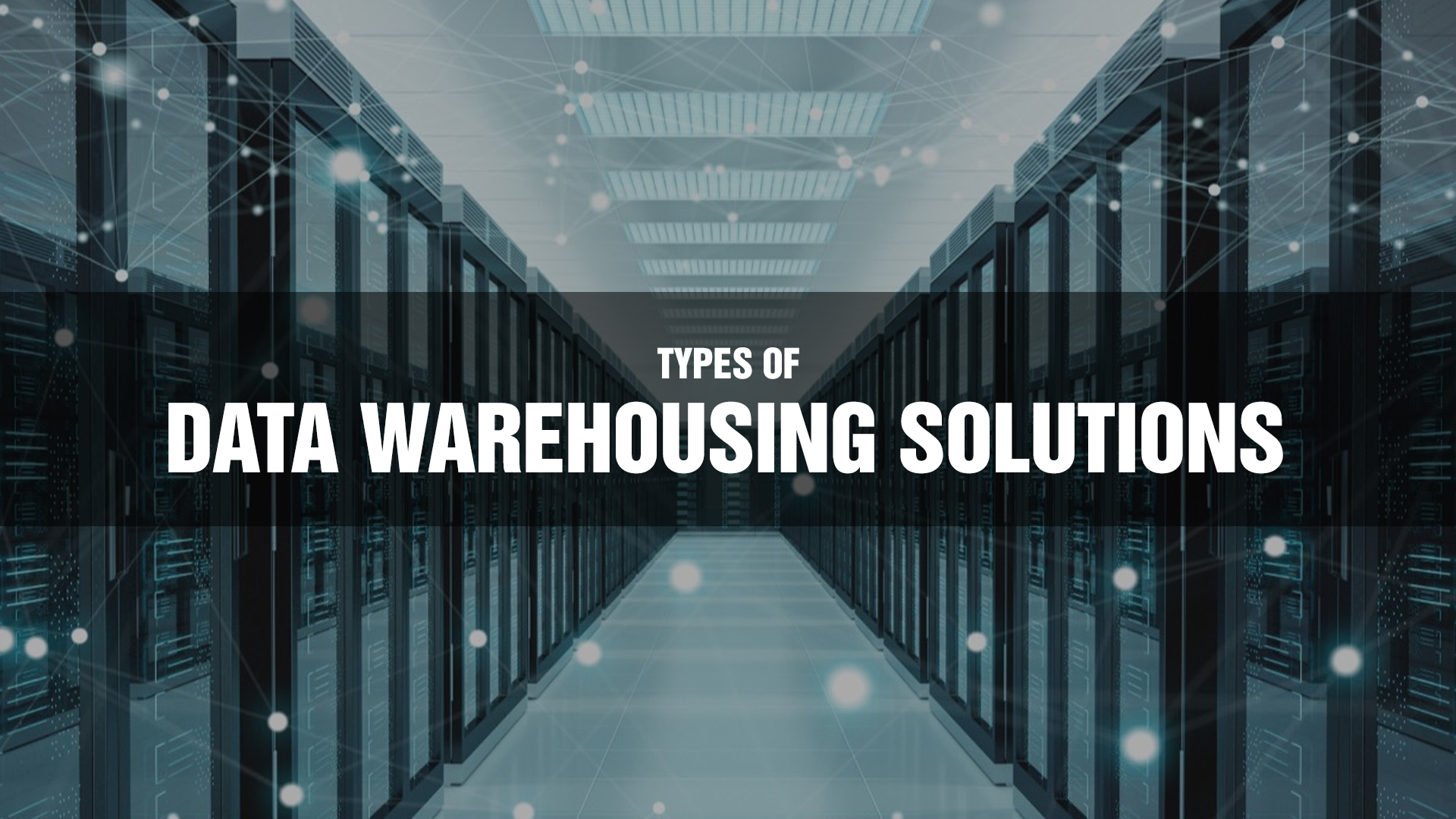What is Data Warehousing?
In the world of data and business intelligence, data warehousing is critical. It entails storing and managing massive amounts of data from disparate sources in a centralized repository, which is then used to support decision making and business insights via data analysis and reporting. Implementing a data warehouse can significantly improve an organization’s ability to manage, access, and use data. This blog will cover all aspects of data warehousing, such as its significance, when it is required, and how to budget for the associated costs. A data warehouse is a highly organized and structured data storage space where information from various sources is cleansed, transformed, and integrated to ensure consistency and accuracy. The end goal is to provide a single source of truth for an organization’s data, allowing decision makers to access and analyze data from multiple sources, gain deeper insights, and improve overall business performance. As a result, understanding the benefits of data warehousing and why it is becoming an essential tool for businesses of all sizes is critical if you want to improve your organization’s data management or expand your knowledge.
Benefits of Data Warehousing
There are several reasons why data warehousing is advantageous to businesses. To begin, it enhances decision-making by developing data models and reports that provide a clear and comprehensive view of the data, making it easier to identify trends and patterns. This leads to more informed decision-making and better business outcomes. Second, data warehousing enables organizations to discover previously unknown business opportunities and make data-driven decisions that propel business growth and success. Third, data warehousing provides a centralized location for storing and managing data, making data consistency and accuracy easier to maintain. It also makes it easier for organizations to track data changes and identify data anomalies. Fourth, data warehouses provide enhanced data security by combining physical, network, and software security measures to ensure the safety and privacy of data stored within them. This reduces the likelihood of data breaches and safeguards sensitive information. Finally, data warehousing enables organizations to store large amounts of data in a cost-effective manner, lowering data storage costs such as hardware, maintenance, and upgrades. This cost savings can be substantial, especially for organizations that generate and store large amounts of data.
Without a doubt, a data warehouse provides valuable insights into how to get the most out of your data. Data warehousing has numerous benefits, ranging from better decision-making and business insights to improved data management and security.
When do you need to implement Data Warehousing?
The following scenarios indicate when an organization might require data warehousing:
1. Large Data Volume: If an organization generates and stores massive amounts of data, it may require a data warehouse to store and manage the data in a centralized location.
2. Multiple Data Sources: If a company collects data from multiple sources, such as transactional databases, operational systems, and external sources, a data warehouse may be required to integrate the data and ensure consistency and accuracy.
3. Complex Data Integration Requirements: A data warehouse may be required if an organization has complex data integration requirements, such as merging data from different systems, cleansing and transforming data, and ensuring data quality.
4. Need for Real-Time Data Analysis: If a company needs real-time data analysis to make critical decisions, it may require a data warehouse that allows for quick access to data as well as real-time reporting and analysis.
There is a wide range of data warehousing solutions available, each designed to meet specific business needs and requirements. Organizations should choose the type of data warehousing solution that aligns with their specific needs, taking into account factors such as the volume and complexity of their data, available resources for managing the solution, and the type of data being stored and analyzed.
Here are some of the most common types of data warehousing solutions:

1. Traditional Data Warehouses: These original data warehouses can store vast amounts of data from multiple sources, and are typically based on relational databases.
2. Data Warehouse as a Service (DWaaS): This cloud-based solution allows organizations to store, manage, and analyze large amounts of data in the cloud without the need for extensive resources or expertise.
3. Data Lake: This solution is designed for raw, unstructured data, often used to store and process big data like social media data, log files, or sensor data.
4. Operational Data Stores (ODS): This solution stores real-time transactional data and supports operational processes, like order processing, optimized for read and write operations.
5. Hybrid Data Warehouses: These are a combination of traditional data warehouses and other solutions like data lakes or ODSs. They provide organizations with the ability to store, manage, and analyze large amounts of data from multiple sources while leveraging the strengths of each type of solution.
Selecting the Appropriate Data Warehousing Solution
When deciding on a data warehousing solution, it is essential to evaluate various factors, including the complexity and volume of the data, the resources available to manage the solution, and the kind of data to be stored and analyzed.
Scalability, reliability, performance, and ease of use are among the crucial features to look for in data warehousing solutions. Scalability is a critical aspect as businesses evolve and their data requirements change. The solution should be capable of accommodating an increasing amount of data and users without negatively impacting system performance. It is vital to consider both current and future business needs while selecting a data warehousing solution. The ideal solution should strike a balance between features and scalability to meet immediate needs and grow alongside the organization over time.
Conclusion
As the amount and complexity of data continues to grow, data warehousing will become increasingly important. In the future, we can expect to see more advanced solutions that can handle larger volumes of data, provide real-time analysis, and integrate data from a growing number of sources. To unlock the full potential of their data, businesses must carefully consider their specific needs and requirements and choose a data warehousing solution that offers the right balance of features and scalability. Whether you are just starting out or looking to upgrade your existing solution, it is important to take the time to choose the right solution.
If you need help selecting the right data warehousing solution for your business, Genese is here to assist you. Our team of certified experts has years of experience helping businesses in different industries, and we take pride in providing modern and cost-effective solutions to help our customers extract maximum value from their data. So why wait? Start your data warehousing journey today with Genese.
 Finland
Finland Bangladesh
Bangladesh
